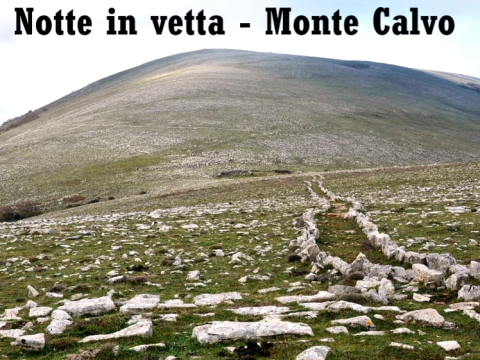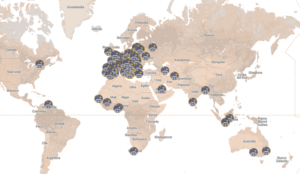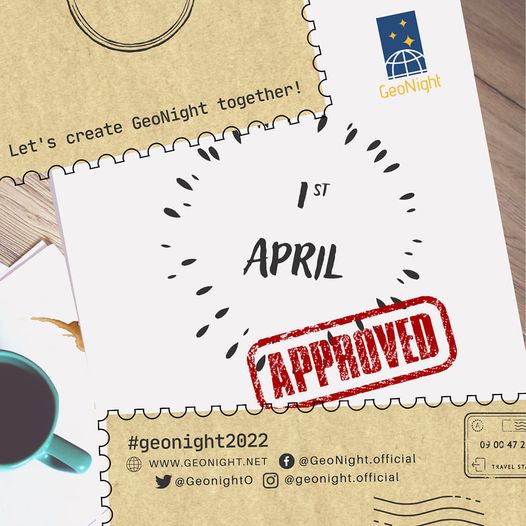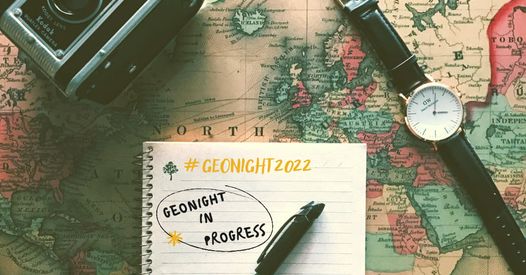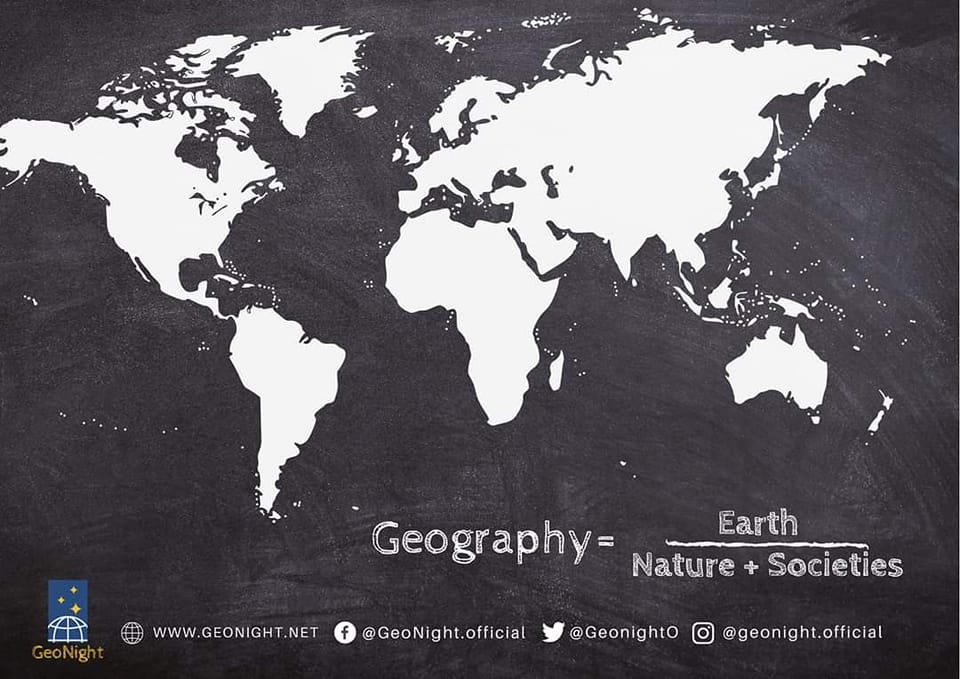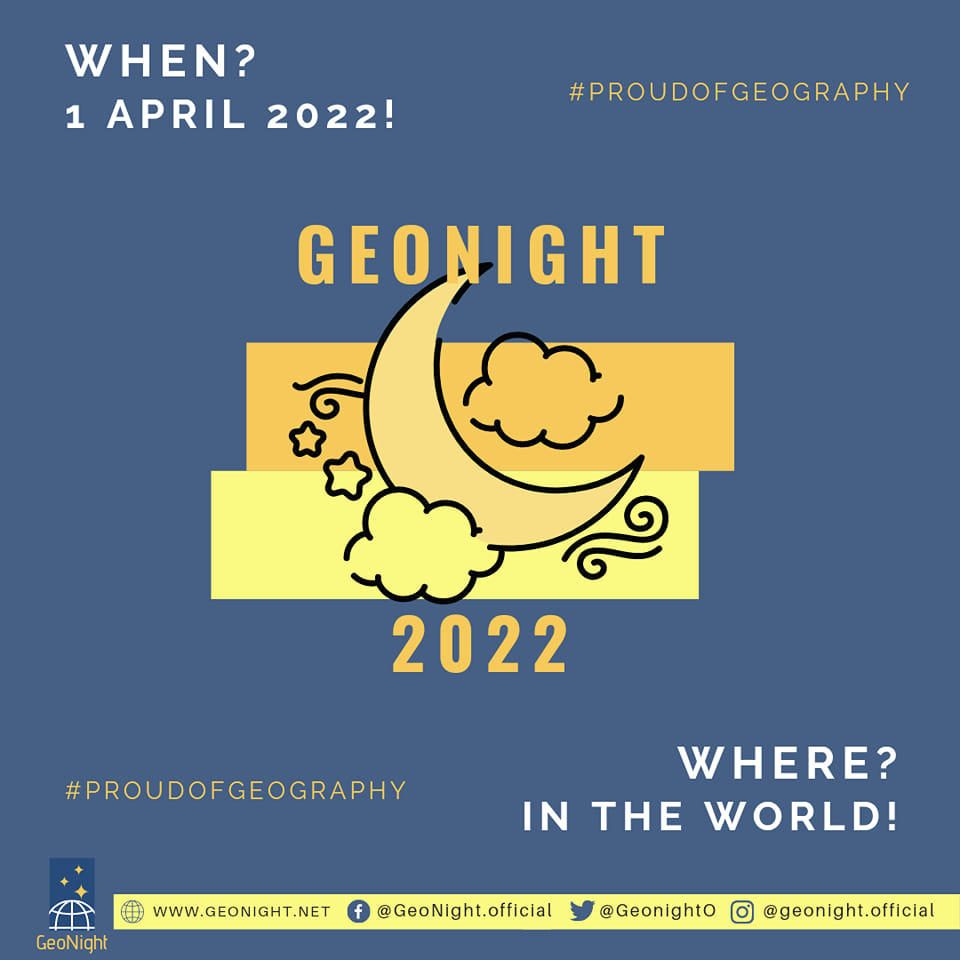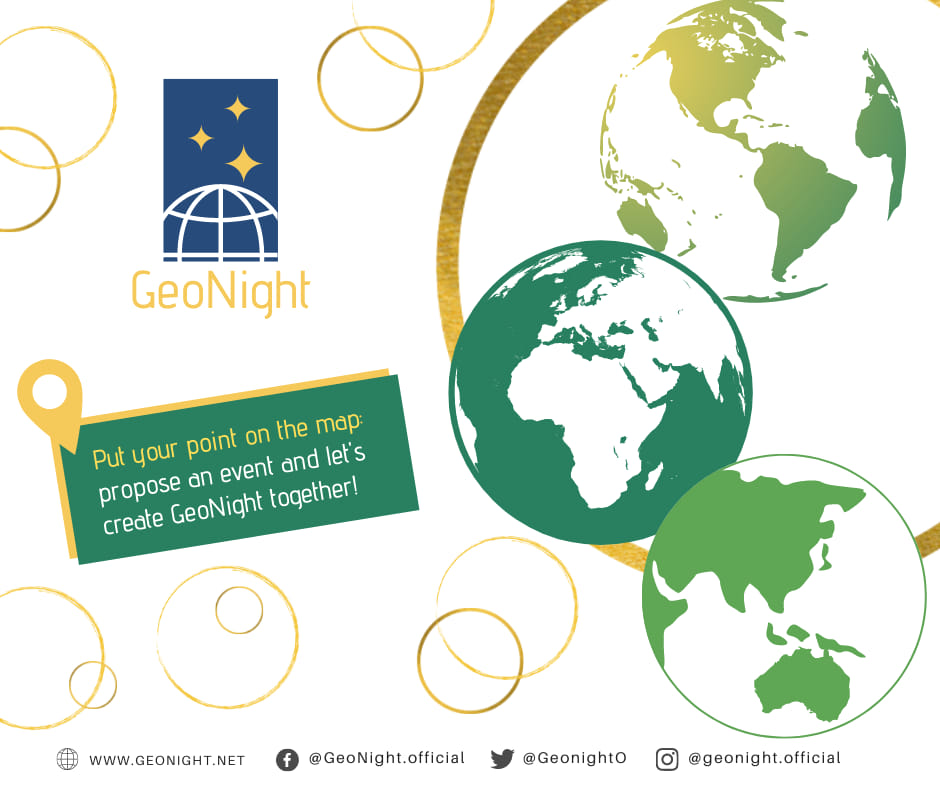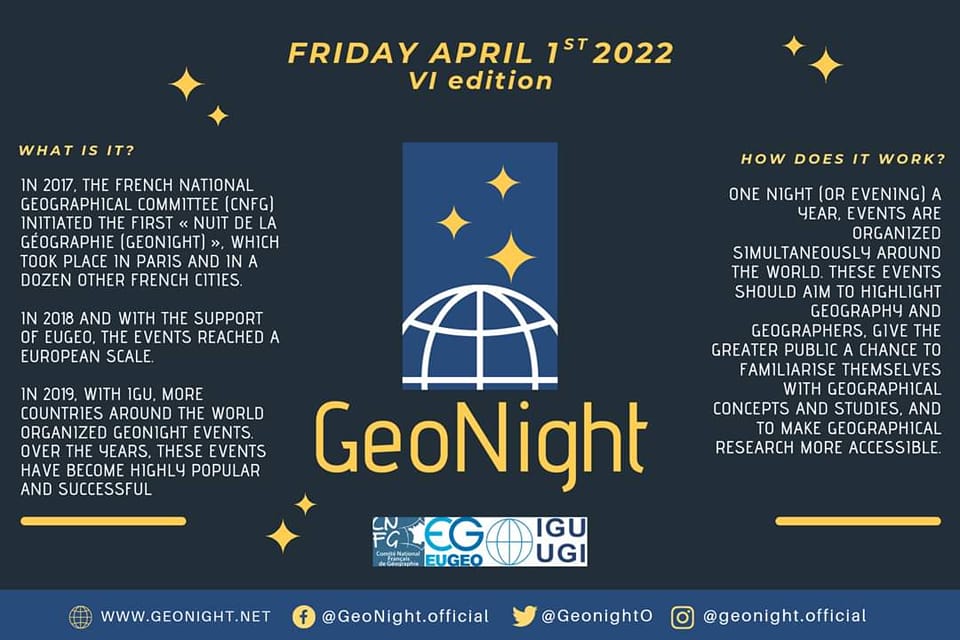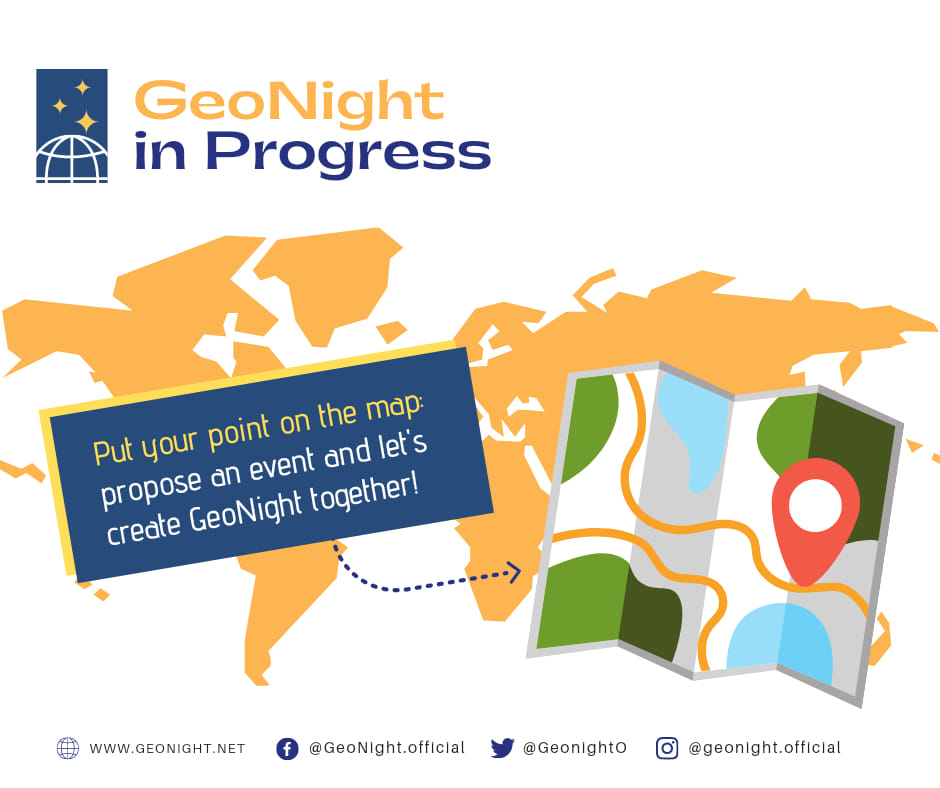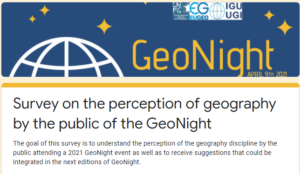Što možemo naučiti o klimatskim promjenama?
What can we learn about climate change?
The event will be: “Live” in presence (if allowed by the covid rules, otherwise it will be online)
Short presentation of the event: Što možemo naučiti o klimatskim promjenama?
Klimatske promjene uzrokovane su globalnim zagrijavanjem i odnose se na dugoročne vremenske prilike na Zemlji, primjerice temperaturu, razine mora i oborine.
Glavni uzrok klimatskih promjena sagorijevanje je fosilnih goriva kao što su nafta, ugljen i prirodni plin, uslijed čega se u atmosferu ispuštaju staklenički plinovi. Druge ljudske aktivnosti, kao što su poljoprivreda i krčenje šuma, isto tako pridonose povećanju količine stakleničkih plinova. Problem je u tome što ti plinovi zadržavaju toplinu u atmosferi: to se naziva efektom staklenika.
Ugroženo je naše zdravlje, kao i sigurnost opskrbe hranom, posebno u Africi i Aziji, kontinentima s najvećim brojem mladih. Svjetska zdravstvena organizacija upozorila je da bi porast učestalosti malarije, bolesti koje se prenose vodom i pothranjenosti mogao ugroziti zdravlje milijunâ ljudi. To će utjecati i na migracije ljudi, uz predviđeno povećanje broja klimatskih izbjeglica.
Prilagodba klimatskim promjenama podrazumijeva pripremu za njihove posljedice i povećanje otpornosti našeg društva. Europskim zelenim planom klimatske su promjene dobile važno mjesto u političkom programu EU-a. Glavni je cilj europskog zelenog plana da Europa do 2050. postane prvi klimatski neutralan kontinent.
Radionica
Učenici će pomoću predloženih poveznica istražiti promjene u prosječnoj godišnjoj temperaturi zraka na nekoliko odabranih svjetskih i hrvatskih meteoroloških postaja za razdoblje od 2010. do 2021. godine. Analizom karte svijeta i predloženih poveznica izdvojiti će gradove svijeta koji su ugroženi porastom razine svjetskog mora te ih prikazati na slijepoj karti svijeta. Na slijepoj karti svijeta prikazati će države koje su najveći zagađivači stakleničkim plinovima u svijetu. Predložiti će aktivnosti kojima mogu pridonijeti klimatskoj neutralnosti Europe.
What can we learn about climate change? Climate change is caused by global warming and relates to long-term weather conditions on Earth, such as temperature, sea level and precipitation. The main cause of climate change is the burning of fossil fuels such as oil, coal and natural gas, as a result of which greenhouse gases are released into the atmosphere. Other human activities, such as agriculture and deforestation, also contribute to increasing the amount of greenhouse gases. The problem is that these gases retain heat in the atmosphere: this is called the greenhouse effect. Our health is at stake, as is our security of food supply, especially in Africa and Asia, the continents with the largest numbers of young people. The World Health Organization has warned that increasing the incidence of malaria, water-borne diseases and malnutrition could endanger the health of millions of people. It will also affect human migration, with an projected increase in the number of climate refugees. Adapting to climate change means preparing for its consequences and increasing the resilience of our society. With the European Green Plan, climate change has taken an important place in the EU’s political agenda. The main goal of the European Green Plan is to make Europe the first climate-neutral continent by 2050. Workshop Using the proposed links, students will investigate changes in the average annual air temperature at several selected world and Croatian meteorological stations for the period from 2010 to 2021. By analyzing the world map and the proposed links, they will single out the cities of the world that are endangered by the rising sea level and show them on a blind map of the world. The blind map of the world will show the countries that are the biggest polluters of greenhouse gases in the world. They will propose activities that can contribute to Europe’s climate neutrality.
Objectives: Analizirati promjene klime te argumentirano objasniti utjecaj čovjeka na globalno zatopljenje.
Analizirati posljedice globalnoga zatopljenja te aktivnosti međunarodne zajednice u rješavanju toga problema.
Objasniti utjecaj stanja u okolišu na dobrobit čovječanstva.
Event language: hrvatski jezik
Country: Croatia / Hrvatska
City: Zagreb
Link (for online events): [it will be displayed here as soon as possibile]
Reference person: Nevenka Pokos, prof. geo.
Role or Function: Učiteljica geografije
Reference Organization (if any):
Those who organize are: Učiteljica geografije Nevenka Pokos; OŠ Dobriše Cesarića
Expected duration: around 2 hours
Event program: [to be be displayed here as soon as possibile]
ID.U.N.541

